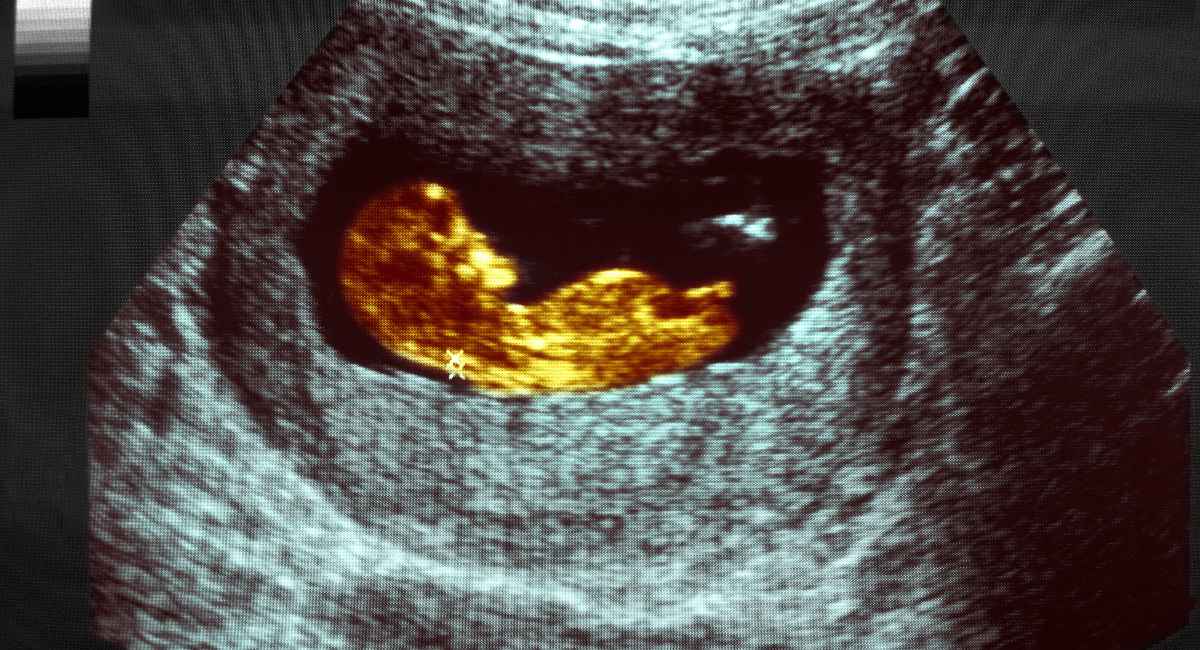An 1864 Arizona law protecting preborn children from abortion was officially repealed on Saturday.
The law, which predates the state itself, made it a felony to commit commit an induced abortion, in which a preborn child is intentionally killed. It was upheld by the Arizona Supreme Court earlier this year, halting nearly all abortions in the state. Lawmakers then hastily passed a bill to repeal the 1864 law. The bill was signed by Gov. Katie Hobbs in May, but, per state statute, new laws do not go into effect until 90 days after the legislature is adjourned. The 90-day mark was Saturday, September 14.
Hobbs celebrated the return of abortion to her state on Saturday, while noting that she hopes for even more abortion in the future.
“After weeks of hard work and strong partnership of legislative Democrats, I was able to do what 23 Governors before me would not, or could not, and repealed Arizona’s total abortion ban,” she said in a statement. “But we should not rest on our laurels. Arizonans continue to live under an extreme abortion ban with no exceptions for victims of rape and incest. I will continue doing everything in my power to protect reproductive freedoms, because I trust women to make the decisions that are best for them, and know politicians do not belong in the doctor’s office.”
The repeal of the 1864 law means that abortion is allowed in the state until 15 weeks, and after that time to save the life of the mother (though an induced abortion which intentionally kills a preborn child is not the proper medical response if a mother’s life is threatened). As Hobbs noted in her statement, the law does not allow the killing of preborn children due to the circumstances of their conception, such as in rape or incest.
Arizona voters will decide on a ballot measure this November which would expand abortion even further by making it a constitutional “right” and potentially allow it through all nine months of pregnancy. If the amendment passes, pro-lifers warn that it would also likely result in the repeal of several protections currently in place, like parental consent laws and health and safety standards.







